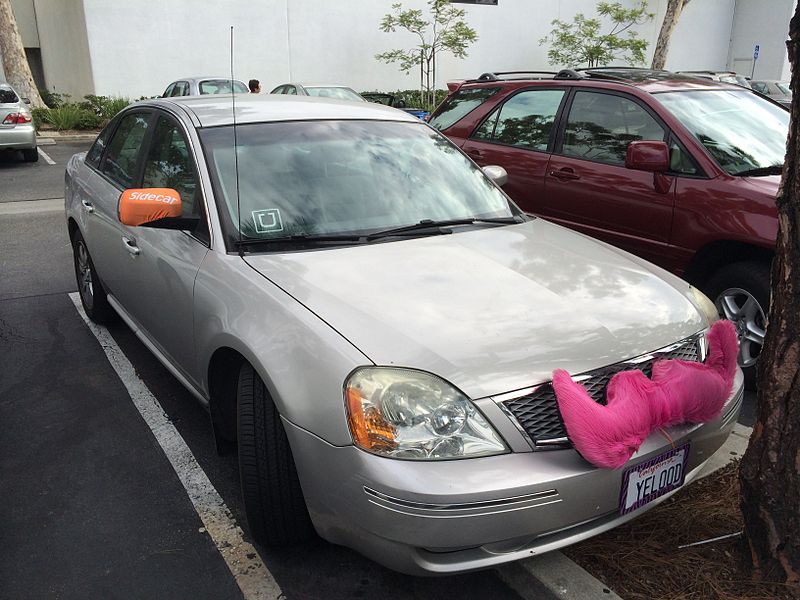 Uber, a Silicon Valley start-up that offers users easy access to cheap and reliable transportation, has become extremely popular worldwide. Recently, the government of Delhi banned Uber after a 26-year-old woman accused an Uber taxi driver of rape. The accused later confessed to the crime and was arrested.
Uber, a Silicon Valley start-up that offers users easy access to cheap and reliable transportation, has become extremely popular worldwide. Recently, the government of Delhi banned Uber after a 26-year-old woman accused an Uber taxi driver of rape. The accused later confessed to the crime and was arrested.
Sexual violence against women is rampant in India, where, the National Crime Records Bureau reports that one woman is raped every twenty minutes. Last year, the fatal gang rape of a 23-year-old student sparked violent protests, which called on the government to better protect women and brought international attention to a growing problem in India.
Much of the national and international anger generated by these events stems from the lack of support offered by the Indian police. Failure to register complaints or take accusations seriously has greatly contributed to the problem. Furthermore, reports of females being raped by members of the police force have confirmed a commonly-held belief that the government and authorities are not adequately dealing with these types of crimes.

The Uber ban generated widespread criticism on Twitter. Many users believe that the ban, which aims to prevent sexual harassment and rape, is illogical and ultimately useless, as it fails to address the root causes of the problem.
The Indian government must do more than take frivolous and counter-productive steps like imposing bans to address the problem. Instead, and much more importantly, patriarchy and misogyny in India must be addressed. This includes actively working to change negative attitudes and stereotypes about women, and eliminating rape culture. The methods of investigation in rape cases must also improve, as many cases remain unsolved because of the social stigmas associated with rape. Both rape laws and their implementation must be reformed to first, eliminate the stigma, and to secondly, effectively and fully hold the rapist responsible.
Progress, albeit on a minimal scale, has been made, as a new bill containing harsher punishments for rapists was passed in parliament in March of last year. Harsher punishments include increased jail time for offences, introduction of the death penalty in some cases, and even compulsory jail time for a public servant who fails to register a rape case. Language has been reformed to expand the definition of “rape” as well. It does have its shortcomings; for example, marital rape is still not considered an offence, and the language does not include protection for men or transgender people.
This step, seemingly in the right direction, was heavily countered by a Delhi court order to ban a BBC documentary, “India’s Daughter,” from broadcast in India. British filmmaker Leslee Udwin interviewed one of the men, currently on death row, who took part in the Delhi gang rape. The film also shows the mass protesting that the crime initiated, and demonstrates society’s desire to see change. The government’s move to ban the film is extremely counter productive to the type of progress the new bill attempts to create. It only serves to fuel the stigmas revolving around rape in India, and the government must realize that this problem will never be solved unless society is pushed to change its attitude and mentality towards rape. Banning a taxi company or a documentary that sheds light on the issue is not progressive and only encourages the primitive mindset that has been in place for decades.
The film can be viewed here.




